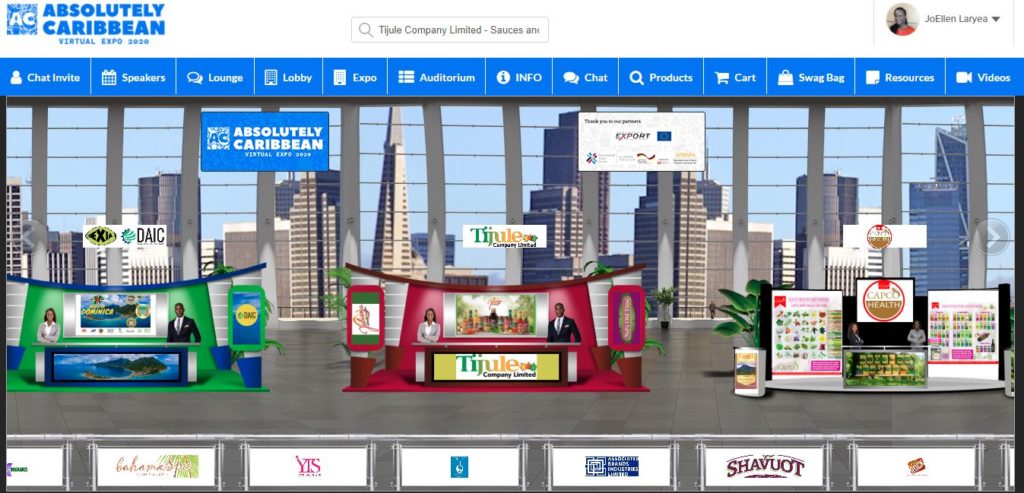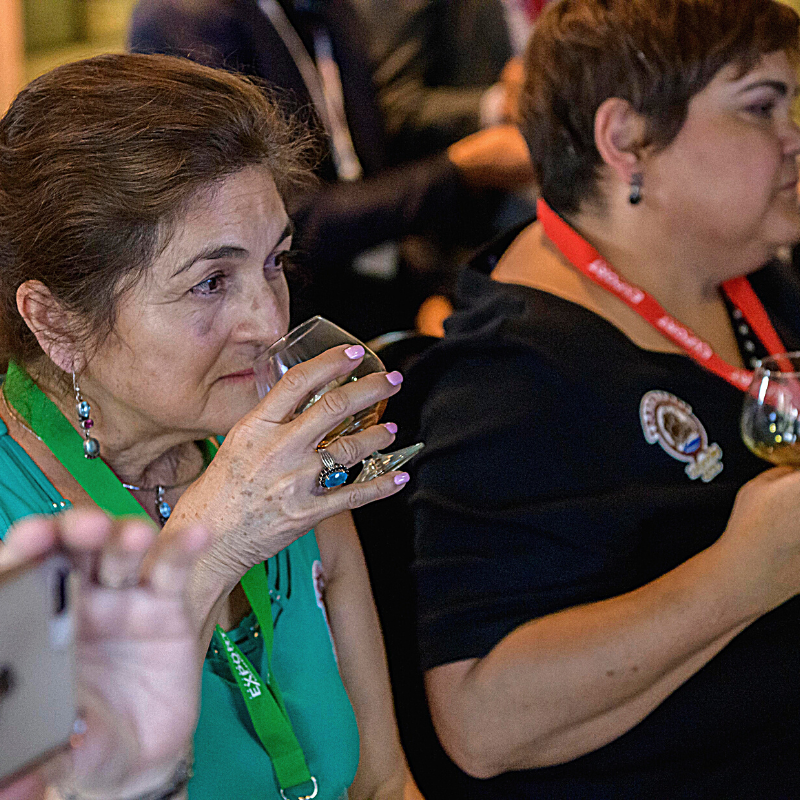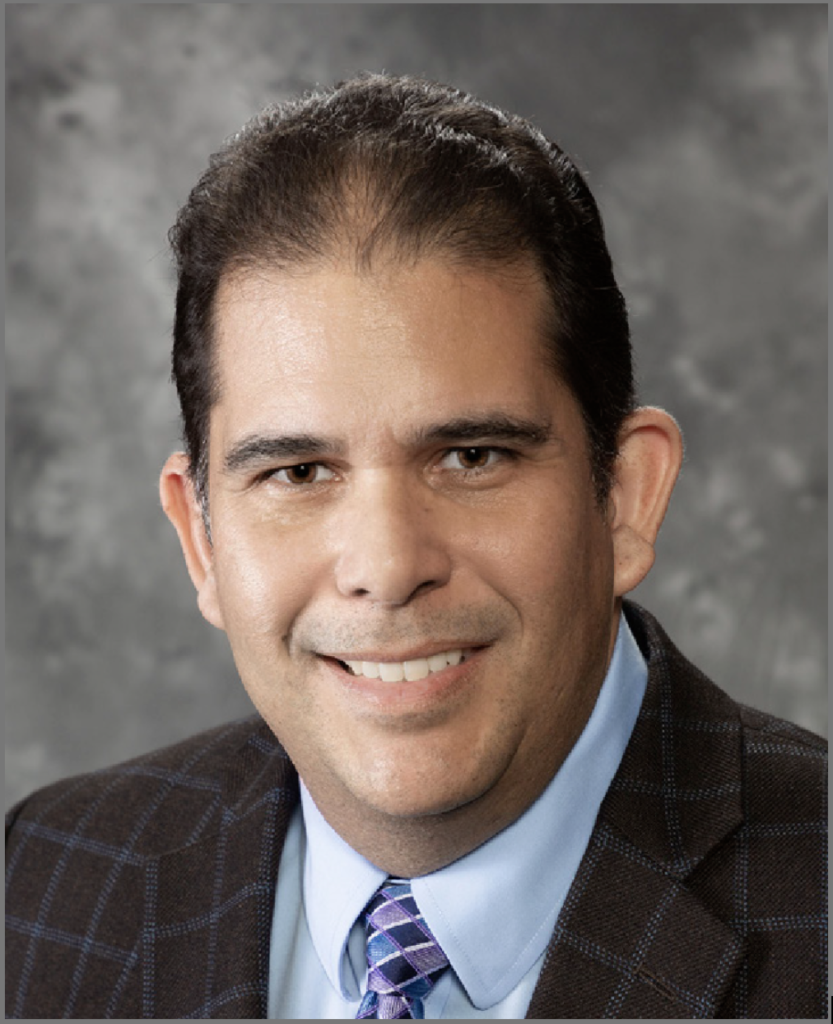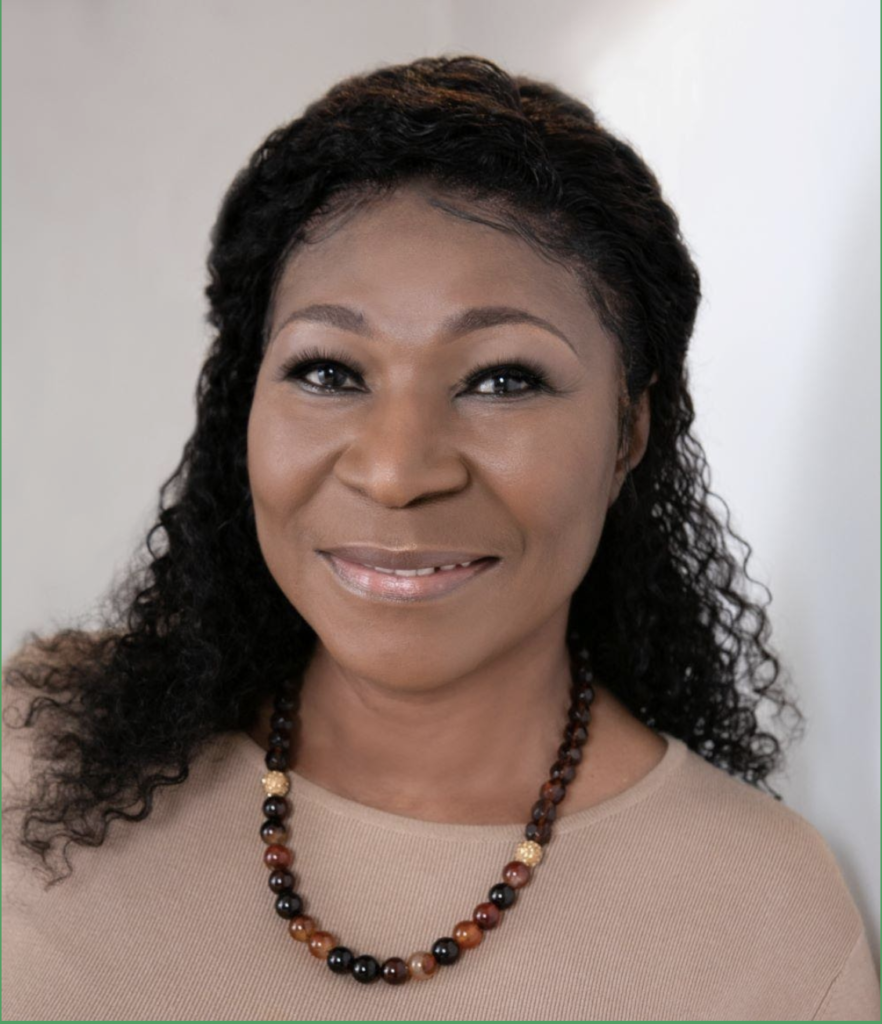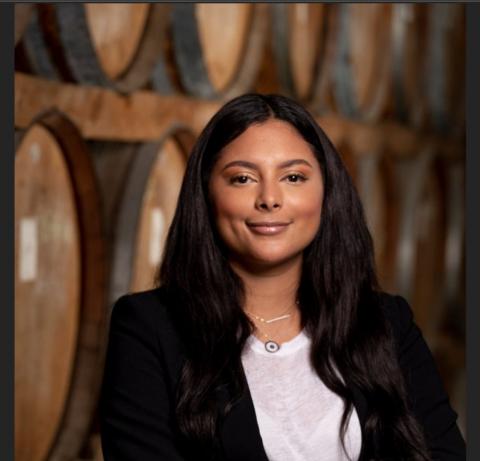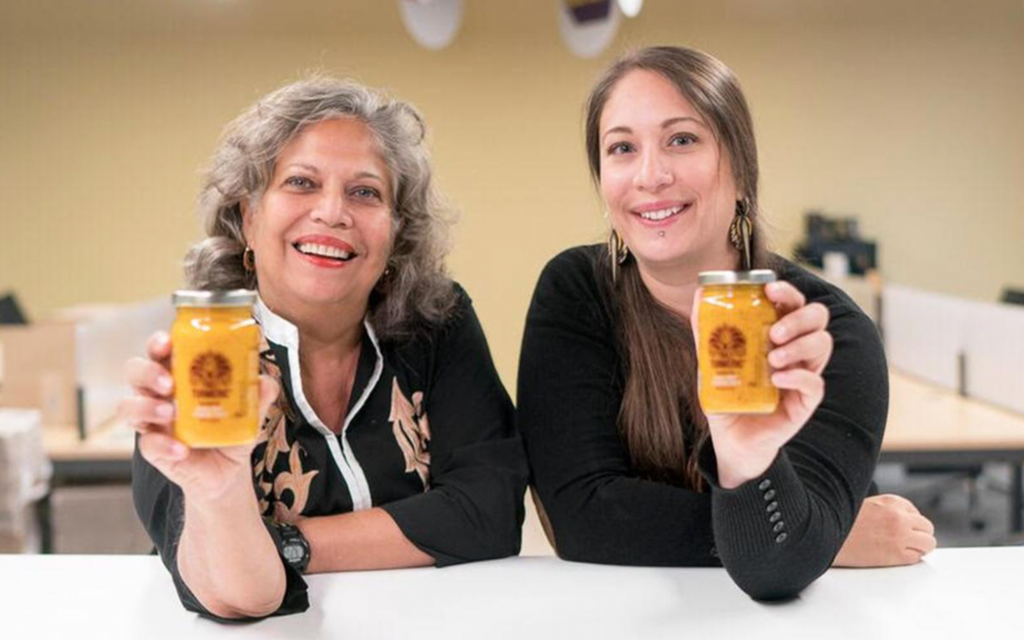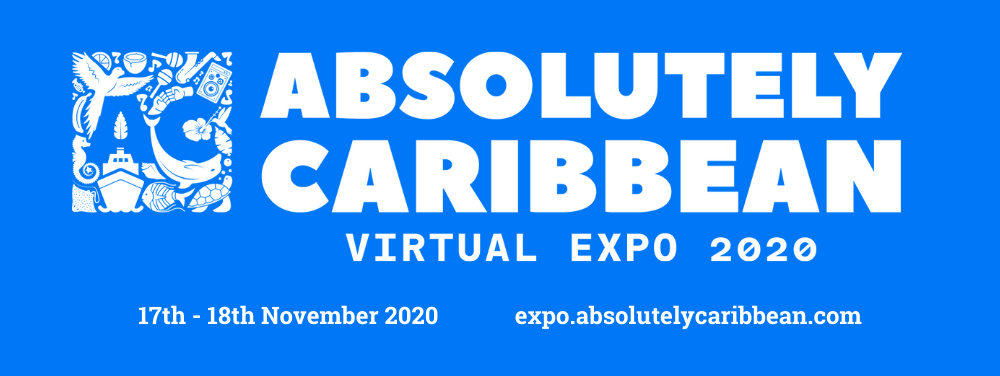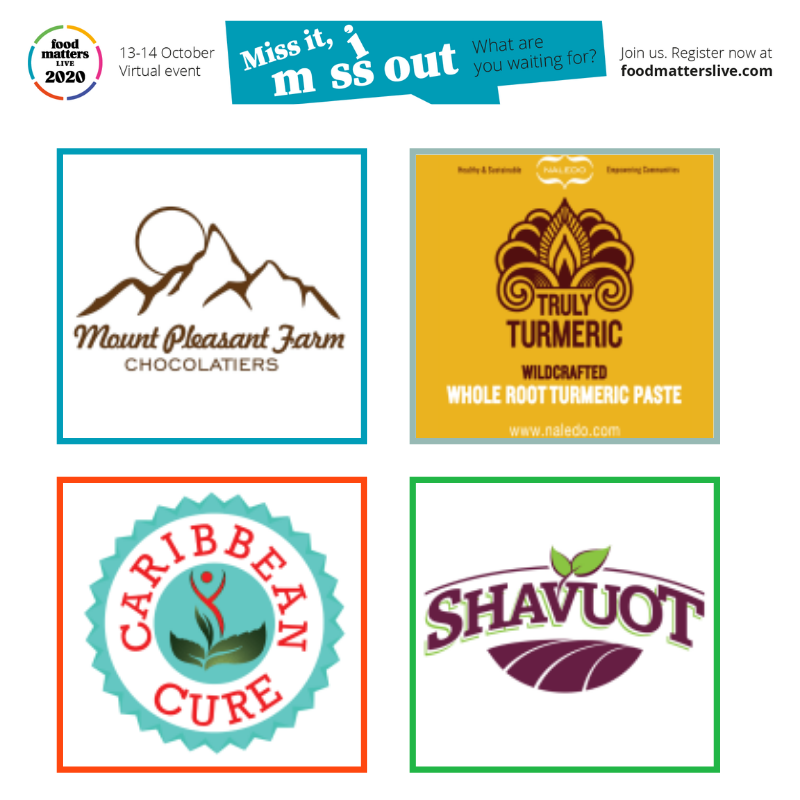The ‘Absolutely Caribbean Virtual Expo’ was a resounding success for regional businesses looking to break into the lucrative European market.
From 17-18 November, 50 Caribbean companies taking part in the live expo linked up with over 450 European-based registrants with a keen interest in Caribbean sauces and condiments, natural products including food, cosmetics and nutraceuticals, as well as alcoholic beverages.
The ground-breaking event held under the theme, ‘Unlocking the Profit Potential of the Caribbean’, was hosted by the Caribbean Export Development Agency (Caribbean Export) in collaboration with the European Union.
Dr. Damie Sinanan, Manager of Competitiveness and Export Promotion at Caribbean Export, said: “We wanted to create a focused event, recognising that securing buyers time would be difficult given the virtual environment and the current mode of doing business.
“Each participant was allocated a booth and was able to conduct virtual meetings. The virtual expo enabled those interested to browse and target specific sectors and products of interest, giving a higher success rate for the meetingsâ€.
Lynda Francisque, Head Buyer at Pikyanga in France, described the expo experience as “time saving and interestingâ€. She added: “The number of participants was meaningful, because each one was very committed to providing the appropriate information. It definitely saved me more time than going to halls one to tenâ€.
Over 250 business-to-business meetings took place during the event, with many exhibitors expressing high hopes for follow-ups and penetration in new markets.
Participating exhibitor Indira Weech, founder of BahamaSpa, said the expo was worthwhile. “We’ve made a few solid contacts and had some interesting conversations,†she stated.
Ida Williams of Jamaica’s Tijule Company gave the Absolutely Caribbean Virtual Expo “high marksâ€. Despite some technical challenges with video calls, Ms Williams said Tijule was still able to connect with potential buyers offline and engage with them after the event.
The expo’s extensive programme of informative and insightful webinars were also well received. The Caribbean Flava session featuring UK chefs Craig and Shaun McAnuff of ‘Original Flava’ was described as “excellentâ€.
The ‘It’s Saucy’ webinar explored the sauces and condiments industry and also highlighted the trends and clear opportunities across Europe for Caribbean exporters in various other sectors.
The International Trade Center (ITC) Alliances for Action hosted three discussions. The first one looked at food trends post COVID-19 in the Caribbean. The second focused on Bean to Bar and Bean to Cup and delved into the opportunities and challenges for exporters of chocolate and coffee respectively.
The webinar on ‘All Things Natural’, gave health conscious visitors an opportunity to understand more about the function of indigenous products found in the Caribbean, and how they can be processed and used in the food, cosmetics and nutraceutical industries among others.
The ‘Take a Sip’ webinar featured a global panel who shared the history of Caribbean rum, as well as practical tips on how to position rum and spirit brands in the European market.
Registration and access to the Absolutely Caribbean Virtual Expo and its educational content will be available on demand until December 18, 2020.
The ‘Absolutely Caribbean Virtual Expo’ was a follow-up event to the successful 4th CARIFORUM-EU Business Forum held in Frankfurt, Germany in September 2019.
The expo was produced in collaboration with the European Union as part of the 11th EDF Regional Private Sector Development Programme. It was also supported by the Deutsche Gesellschaft für Internationale Zusammenarbeit (GIZ) GmbH and the West Indies Rum & Spirits Producers Association (WIRSPA).
